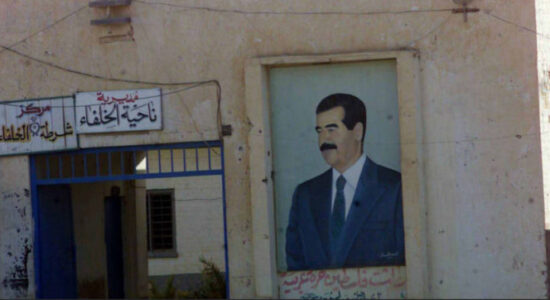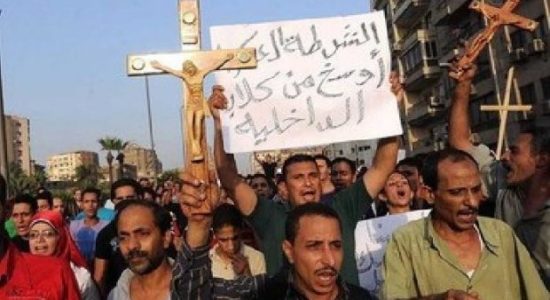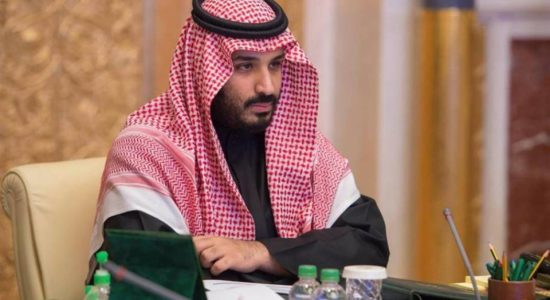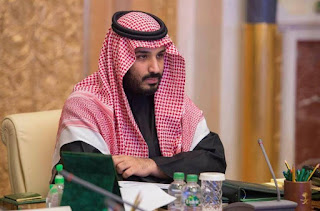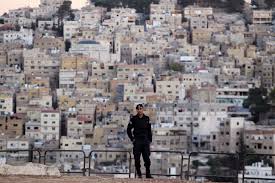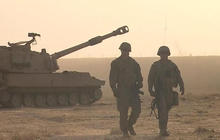According to various security reports, the last few weeks have seen a mass systematic withdrawal of IS fighters from Mosul, anticipating the US operation of liberating Mosul from ISIS.
Politically, the US insists on separating the efforts of fighting ISIS in its main cities of Mosul and Raqqa. This kind of tactic highlights the lack of pragmatism in the way the US is fighting terrorism in the Middle East.
Since the declaration of the Caliphate by IS, the US has wanted to appear as the savior and liberator of Mosul and Raqqa. There was a similar Hollywood-style in the assassination of Osama Bin Laden and a similar political investment.
The announcement of the US military plan to liberate Mosul based on avoiding a humanitarian disaster demonstrates the American interest is the political story in Washington and the impact on the presidential election. The message being sent is the role of the current administration in the liberation of Mosul to demonstrate the success of Obama’s second term, much like the elimination of Bin Laden was used to demonstrate the success of his first term.
In publicly announcing their plans, ISIS has responded by withdrawing from Mosul, making American success much more likely as the ISIS presence in Mosul has decreased significantly, making liberation a much simpler task. While IS fights have moved to Raqqa, those remaining in Mosul have taken to guerilla tactics with an increase in suicide bombings and surprise ambushes.
So while entering Mosul will not be so difficult, the next step will be the real challenge as they attempt to reestablish political stability, without challenging Iraqi authority. Furthermore, the real battle with ISIS is just being shifted to Raqqa, where most of the IS forces are preparing for a confrontation. A battle for Raqqa is likely to be far more complicated, not just because ISIS will remain and fight after having months to prepare, but also because of the lack of coordination between the Russian and international allies, which will only create more complexity and make success more difficult to achieve.
Meanwhile, Turkish supported troops have taken the village of Dabeq will crush the IS ideology on which the terrorist group justifies itself as the successor of the medieval caliphate and the prophecy that they will prevail in the final battle of Armageddon between the forces of good and evil.
The impending fall of Mosul will also trigger the search for the next successor to the caliphate. We are likely to see the birth of new groups claiming to be the legitimate successor of the caliphate heritage. Moreover, the direct attack on Mosul could also scatter IS fighters, which will result on individual and uncoordinated terrorist attacks across the region and the world as followers of the IS doctrine have shown a capacity to operate globally.
Despite all of this, the symbolism of the fall of Mosul is very important, as it is the place from which La Baghdadi announced the birth of the caliphate. As such, it will be considered a big blow to the organization and its narrative. While there may be negative implications for IS, it will also have negative impacts for the rest of the world with a greater risk of terrorist attacks, while also setting up a difficult battle for Raqqa. Especially so if the US insists on not coordinating with other forces in the region to liberate the last remaining major city that IS holds.
Dr. Amer Al Sabaileh

